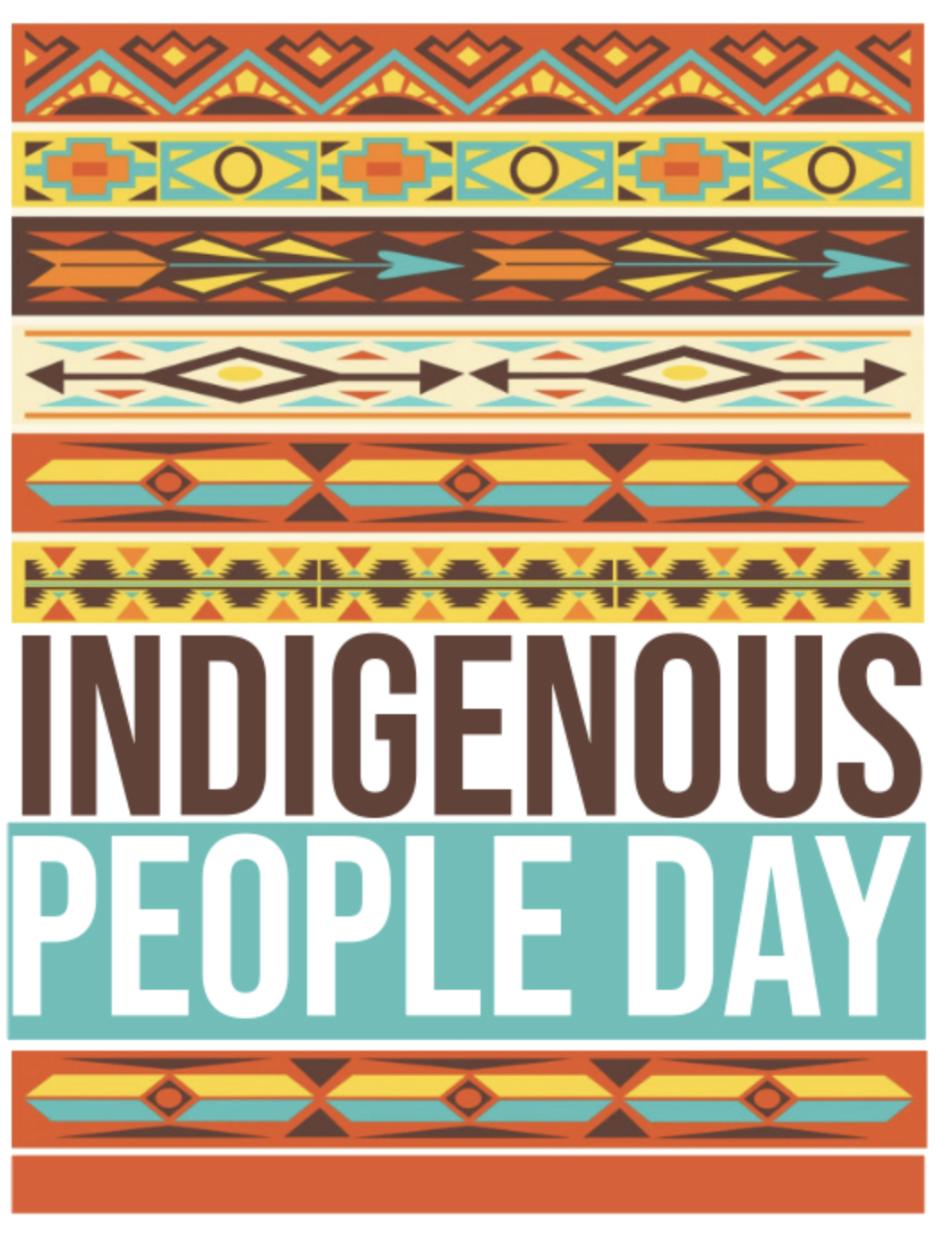To the editor:
In third grade, my Winn Brook class went on a field trip to Plymouth Plantation. Furious that I got separated from my best friend, I stomped through the English village where costumed colonists wished us a “Good morrow.” At the Wampanoag Homesite, we watched Indigenous women dressed in deerskins cooking next to a bark-covered wetu (house). Exhausted, I breathed in the warm smokey air, recalling my preschool Thanksgiving crafts: the black Pilgrim hat and the colorful turkey shaped like my little hand. My teacher taught us that the Native people had saved the Pilgrims from starvation and celebrated the first Thanksgiving together.
Four years later, I attended the first of many powwows – a large gathering of Indigenous people dancing, singing, and celebrating traditions – organized by the Massachusetts Center for Native American Awareness. At Claudia Fox Tree’s workshops, my re-education about American history began. I learned about famous Indigenous people and contemporary issues like the struggle against denigrating Native mascots. As I watched Aquayah Peters in her vibrant jingle dress and the Edmond brothers’ joyful dance, I understood that the Wampanoags at Plymouth were not actors in historic costumes or relics of the past. They were living on their own homelands, preserving their way of life.
For me, Indigenous Peoples’ Day is about the past and the present. It is an opportunity to acknowledge that Belmont is located in the homelands of the Massachusett and the Pawtucket. Reminders of Indigenous presence are everywhere: place names like Pequossette Park on Trapelo Road, Native artifacts discovered near School and Grove Streets, and a burial mound on land bordering Pleasant Street. Indigenous narratives were mainly absent from my Belmont education. On my own, I read about the devastating violence of colonial history like the Pequot massacre of 1637 celebrated at the first officially proclaimed Thanksgiving, and ongoing harms to Indigenous communities. The poet Mary Ruefle observes: “[L]istening is a kind of knowledge, or as close as one can come.” The students of Belmont deserve to hear truthful historical narratives.
We can also celebrate the knowledge of Indigenous peoples who have lived in harmony with the natural world for centuries and are at the forefront of climate justice. Belmont readers can discuss books by Robin Wall Kimmerer, Dina Gilio-Whitaker, Terese Marie Mailhot, and Tommy Orange. We can choose to honor Indigenous people on at least one designated day.
Natalia Freeze, Leicester Road








Leave a Review or Comment